591 rezultāti atrasti
Skip results of view Ziņas
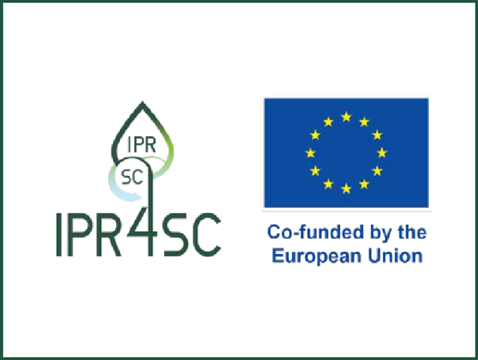
In the wake of the Intellectual Property Rights for Sustainability and Circularity (IPR4SC) initiative, Europe is embracing a dynamic fusion of innovation, sustainability, and circularity. This project, co-funded by the European Union, empowers inventors, researchers, and businesses to navigate the complex intellectual property (IP) landscape for sustainable development. During a recent IPR4SC webinar, participants explored the world of Intellectual Property (IP) and its relevance to sustainability, circularity, and research transitions. The importance of IP data, including the newly developed

Today is World Science Day for Peace and Development. This day, annually celebrated on November 10, is established by UNESCO and underscores the vital role of scientific innovation in fostering global harmony and progress. By commemorating the UN's Science for Peace and Development Day, communities from all over the world reaffirm its commitment to harnessing the power of science for the collective good and advancing the agenda of peace and sustainable development worldwide. By promoting the use of science for sustainable development and peace, this initiative aims to create a more equitable
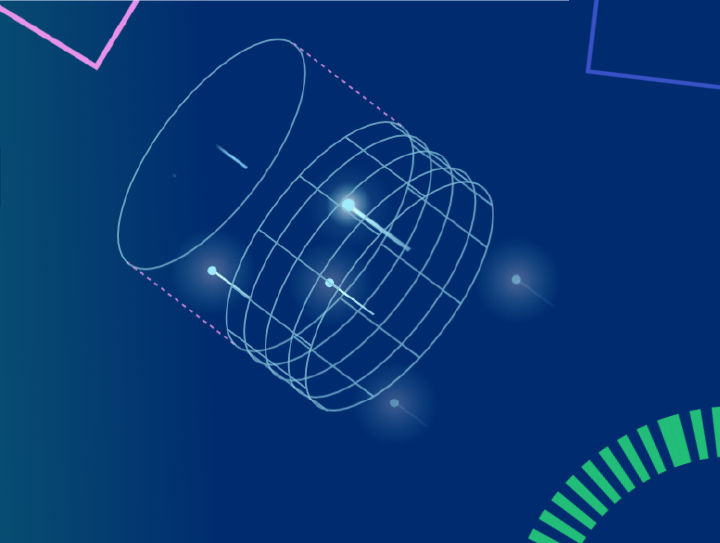
Two weeks ago, the European Big Data Value Forum (EBDVF) was hosted in Valencia, Spain. This flagship event, organized by the Big Data Value Association (BDVA) and supported by the Spanish Presidency, brought together industry professionals, researchers, and policymakers from across Europe and beyond. For this year’s edition, the theme, "Data and AI in Action: Sustainable Impact and Future Realities," was at the heart of the discussions. EBDVF 2023 was a hub of innovation and knowledge exchange, featuring keynote sessions with insights from experts on various facets of data and AI
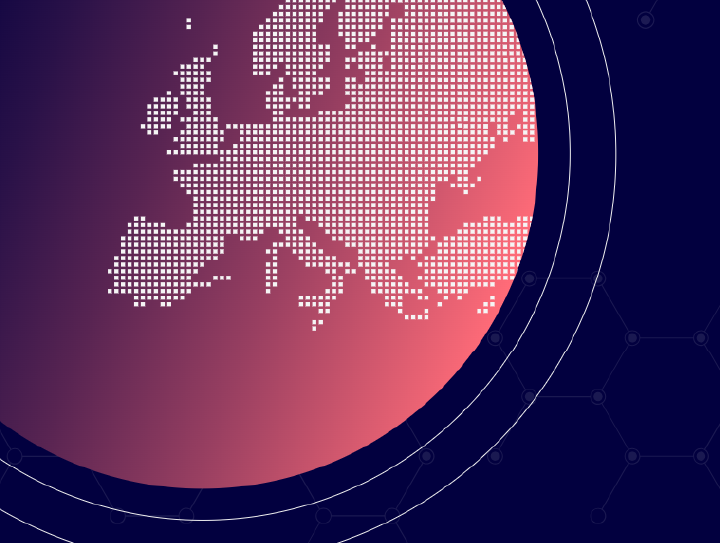
This week , the EU Space Week will take place from 7-9 November in Sevill e , Spain. This week promises a vibrant convergence of leaders and innovators in the space industry. The event is jointly organised by the European Commission and the EU Agency for the Space Programme (EUSPA) in collaboration with the Spanish Presidency of the EU Council . The European Union’s Space Programme, adopted in 2021, sets an ambitious agenda for a more dynamic, innovat ive and resilient EU Space ecosystem. At th e EU Space Week, part icipants can connect with each other (both online and in person), join
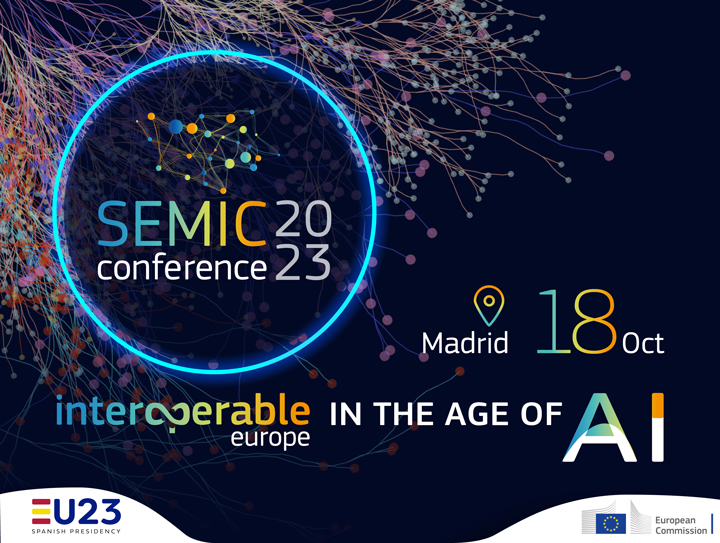
On Wednesday, October 18th, the Semantic Interoperability (SEMIC) conference took place in Madrid, Spain. The event was hosted by the European Commission, in collaboration with the newly inaugurated Spanish Presidency of the Council of the European Union . This year’s edition revolved around the theme 'Interoperable Europe in the Age of AI'. A diverse gathering of professionals from the public, private, and academic sectors convened to exchange knowledge and engage in various discussions throughout the day. Under the banner of 'Interoperable Europe in the Age of AI', the conference provided a
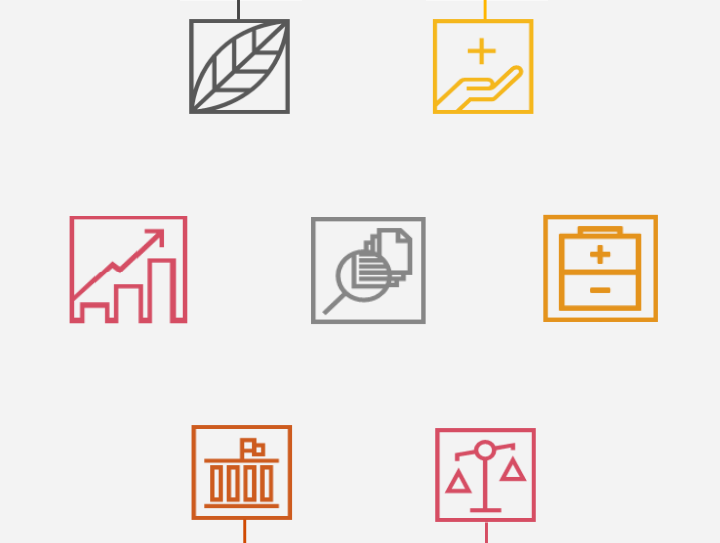
Th e recently published study ‘Identification of data themes for the extensions of public sector High-Value Datasets ’ , written by t he Directorate ‑ General for Communications Networks, Content and Technology (DG CNECT) of the European Commission, identified seven data themes t hat could be potentially added to the existing High value datasets ( HVDs) list . High value datasets (HVDs) correspond to public sector information that, if made available in open and reusable format, would generate considerable benefits for the economy, society and the environment. Implementing Regulation 2023/138

Today , October 31 st , is World Cities Day ! This annual event is designated by the United Nations to raise awareness of the challenges and opportunities associated with global urbani s ation. It serves as a platform to promote sustainable development and address issues related to rapid urban growth , aiming to encourage international cooperation and innovative approaches to improve urban living conditions . O pen data plays a pivotal role in this celebration, reflecting the crucial link between transparent data sharing and the development of sustainable and resilient cities worldwide. It has

On Thursday 19 October, data.europa.eu hosted its very first workshop on ‘How to use open data for your research’ with the participation of more than 200 attendees. This successful workshop was designed for students, academics, or anyone else interested. The goal of the workshop was to showcase the relevance and importance of open data for academic purposes. The data.europa.eu team initiated the workshop, introducing the data.europa.eu portal, its purpose and its services. Following this, the team demonstrated how one can efficiently search and filter for specific open datasets. During the
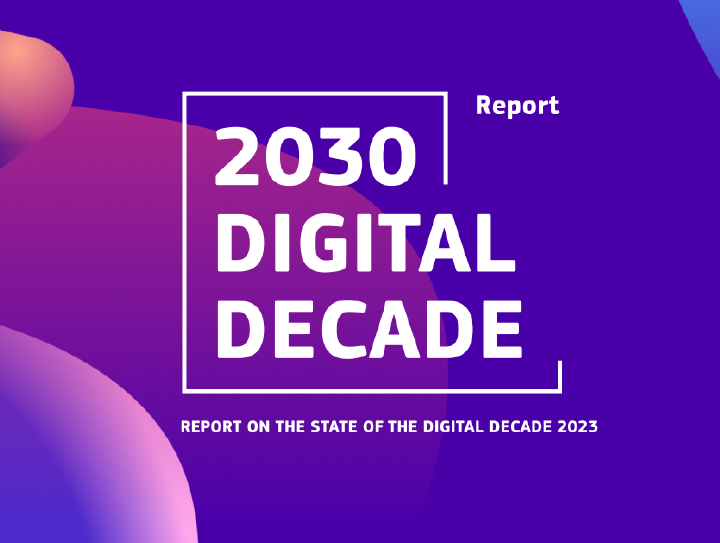
On 27 September, the European Commission published the first report on the state of the Digital D ecade . This report assesses the E uropean Union’ s progress towards a successful digital transformation for its people and describes how the European Union is advancing towards the agreed targets and objectives , for businesses and the environmen t, as outlined in the d ecisions establishing the Digital Decade Policy Programme 2023 . The first part of the report reviews the latest digital policy developments and European Union's progress towards the established goals and objectives . It also

This October we celebrate the annual European Cybersecurity Month (ECSM) . Throughout the entire month, numerous activities take place across Europe, including conferences, workshops, trainings, webinars, presentations and more . These events aim to draw attention to digital security and cyber hygiene. The ECSM is an annual campaign coordinated by the EU Agency for Cybersecurity (ENISA) for over 10 years and is supported by The European Commission, Europol, The European Central Bank and EU Member States, EFTA countries, and more than 300 partners (governments, universities, think tanks, NGOs
